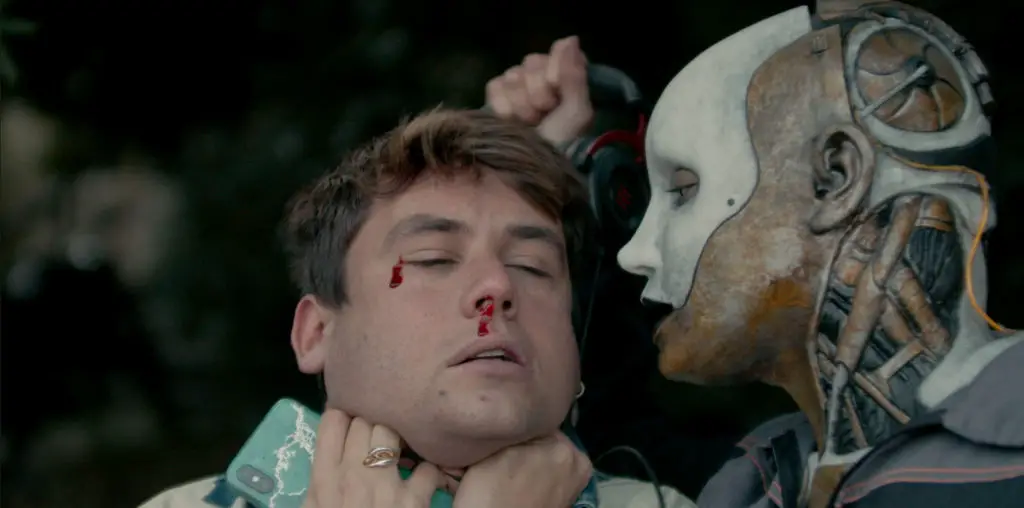
Hamburger Hill
* * *
Director: John Irvin
Writer: James Carabatsos
Producer: James Carabatsos & Marcia Nasatir
Starring: Anthony Barrile, Michael Boatman, Courtney B. Vance, Steven Weber, Don Cheadle, Michael Dolan, Don James, Dylan McDermott, and Michael A. Knickles
1987
Hamburger Hill: Grounded and Pounded
Throughout the 90s, “Hamburger Hill” was one of those films that aired several times a season on TBS. I watched the channel quite regularly, but always changed to something else when John Irvin’s 1987 film played. I was terrified of Vietnam War movies. The imagery, the sounds, and the production values—even when glimpsed in passing while channel-surfing—gave me nightmares about death, blood, and a TV screen that would not turn off. So, why did I decide to choose “Hamburger Hill” for Week Six? I adore Don Cheadle’s halcyon composure, Courtney B. Vance’s commanding speech, and Steven Weber’s versatile demeanor. And, I’m not afraid of this type of war film anymore.
Since it is based on actual events, Irvin’s film begins with a title card that reads: “On 10 May 1969 troops of the 101st Airborne Division engaged the enemy at the base of Hill 937 in the Ashau Valley. Ten days and eleven bloody assaults later, the Troops who fought there called it…Hamburger Hill.” The rest of the opening credit sequence includes images of Capitol Hill and the Vietnam Memorial. The camera films parallel to The Wall, increases in speed, and goes in for a close-up. The names on the memorial blur, transitioning into images of leaves and then a forest. We are now in 1969 Vietnam, placed in the middle of “something”. We hear gunfire. American soldiers are heading towards a helicopter. Shortly thereafter, the film relocates to a base camp and slowly but surely, we meet the handful of soldiers which “Hamburger Hill” follows closely into the Ashau Valley.
Led by Worcester (Weber) and Frantz (Dylan McDermott), Joe Beletsky (Tim Quill), Doc Johnson (Vance), Washburn (Cheadle), Mac (Don James), Vincent Languilli (Anthony Barrile) and squad must take control of the hill, and do so without projecting hatred of the enemy into conflict with each other. The tensions (between new guys and older guys; black guys and white guys), the attitudes (cockiness), and the behaviors (mental deterioration, truculence) are historically rather than formulaically significant. The entire film carries anti-war themes, among them are the objectification of the male body and the emasculation of male strength—the men cry.
Significantly, Vietnam wasn’t a place we all approved of the American troops going. In contrast to war films about World War II and the Revolutionary War, the ones about the Vietnam War—in content not just setting—usually do not glamourize or exploit the historical element. Though one could argue otherwise, there was little ambiguity as to why the US fought in WWII—not the case with Vietnam. There was more cynicism involved.
*It’s hard to watch this film almost twenty years after its release, because you see and recognize Steven Weber, Courtney B. Vance, Don Cheadle, and Dylan McDermott. The knowledge or familiarity I have with their career achievements in a sense interferes with my ability to pay attention to their characters. It took about fifteen minutes for me to stop thinking, “wow…they are so young,” and to stop seeing their performances filtered through the work they have done since “Hamburger Hill.”
Every week, Stina Chyn puts her viewing habits in your hands. Readers vote on five random words posted at Back Talk every Tuesday. The winning word dictates what she will have to watch and review the following week as that word must appear in the title of the movie. Choose wisely!
